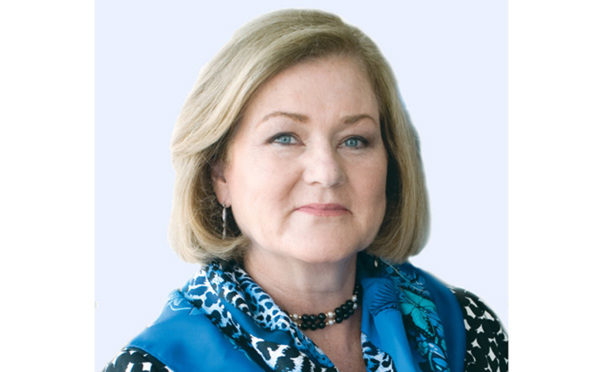When investing in both healthy and distressed companies, it is important to understand the rights, remedies and recourse investors have against a company’s officers and directors for misconduct. Often bankruptcy impacts those remedies, not only during the bankruptcy case, but thereafter as well. Many times litigation trusts that are created in bankruptcy to pursue claims may compete with individual investors seeking to recover directly from the debtor’s principals or management by alleging negligence or misconduct. While individual investors may be able to assert direct claims under certain circumstances, under general circumstances they are not permitted to assert claims that are derivative of claims that could be brought by or on behalf of a bankruptcy estate for the benefit of all stakeholders. However, the line between direct and derivative claims is not always entirely apparent. Recent developments in the Second and Third Circuits are informing distressed investors’ investment decisions and clarifying that the scope of claims investors are barred from pursuing, as being derivative of claims belonging to a bankruptcy estate, is broadening in favor of the bankruptcy estates.
The Third Circuit recently addressed the issue of standing to assert direct versus derivative claims in In re SemCrude L.P., building on a recent Second Circuit decision in Marshall v. Picard (In re Bernard L. Madoff Inv. Secs.), where the Second Circuit enjoined state law tort actions brought by investors defrauded by Madoff against the estate of one of Madoff’s alleged co-conspirators because such claims were derivative of claims brought by the trustee.1 Similarly, in SemCrude, the Third Circuit sought to clarify the difference between direct and derivative investor claims, where certain investors argued that they were personally induced to invest in a private limited partnership and suffered harm distinct from those similarly situated. The investors’ theory, in part, was that because they relied on face-to-face communications with the debtors’ president and CEO and had a long-standing relationship, they held distinct claims and were owed a special duty apart from the other investors who were not privy to such conversations.2 However, the Third Circuit disagreed.



